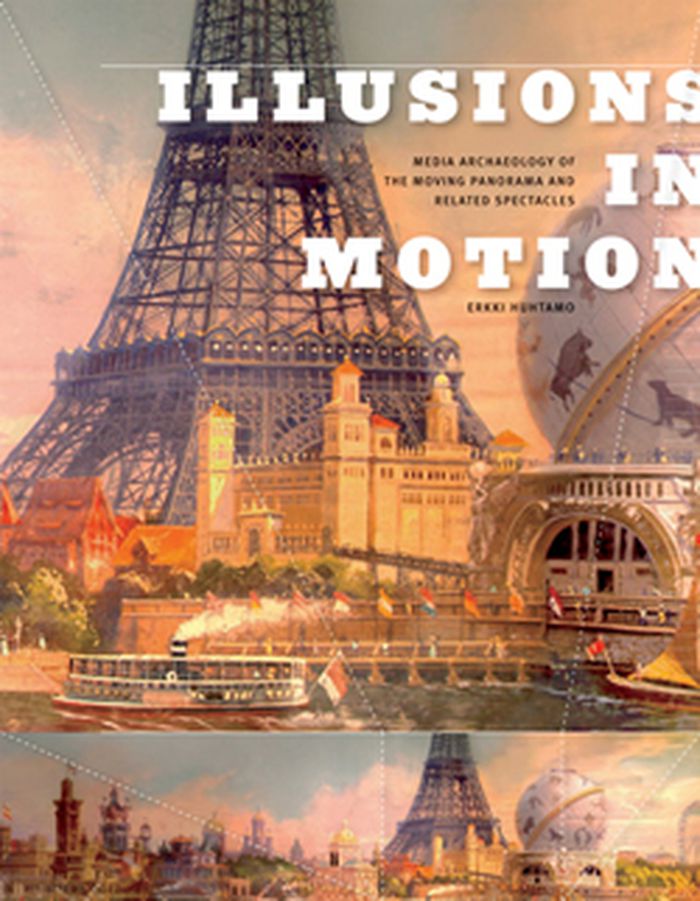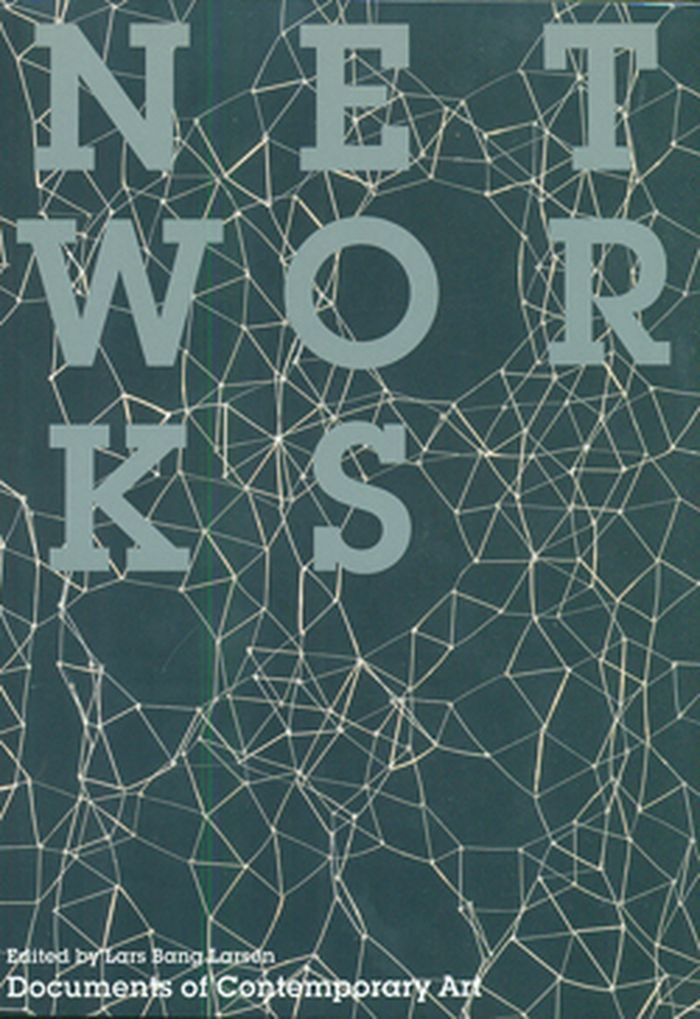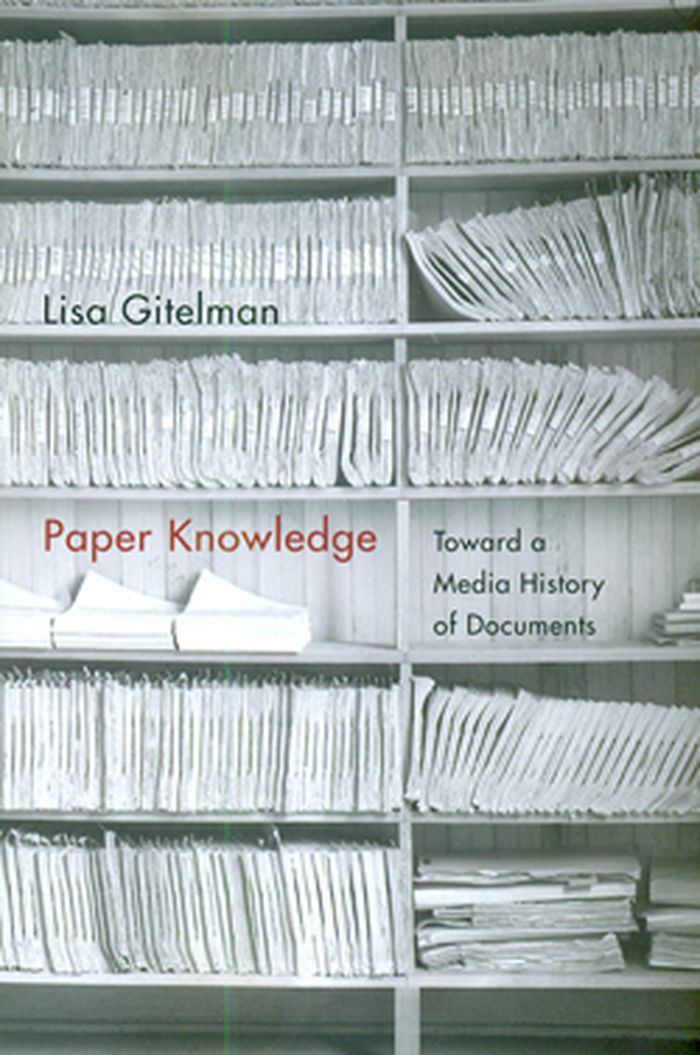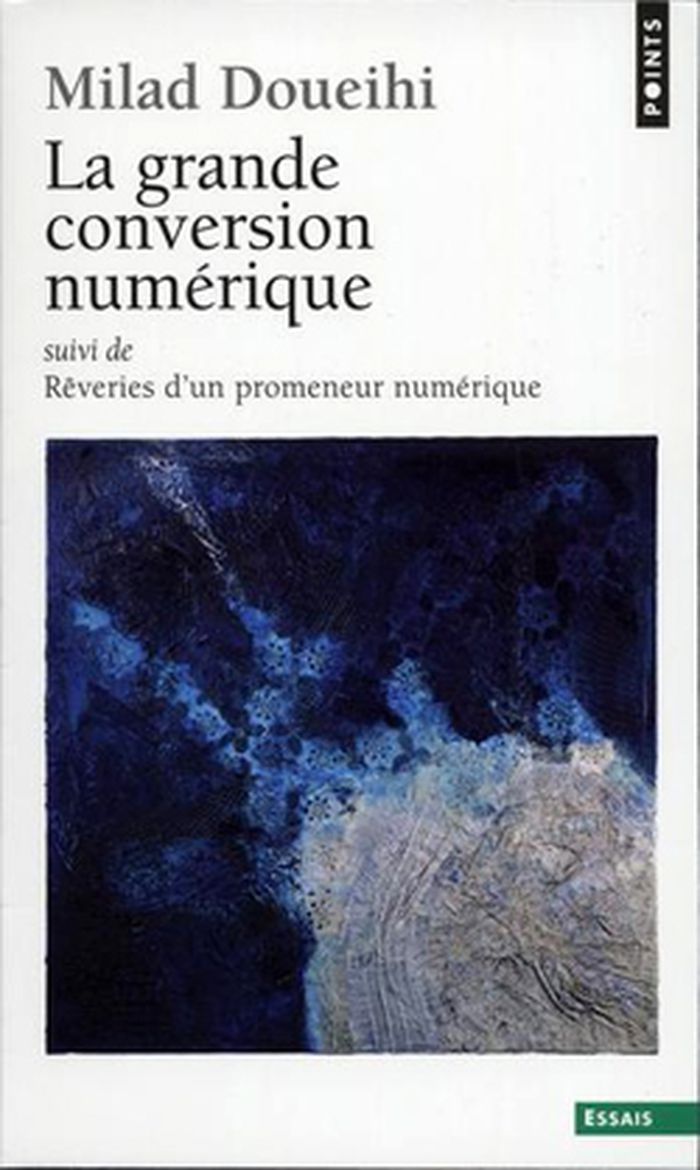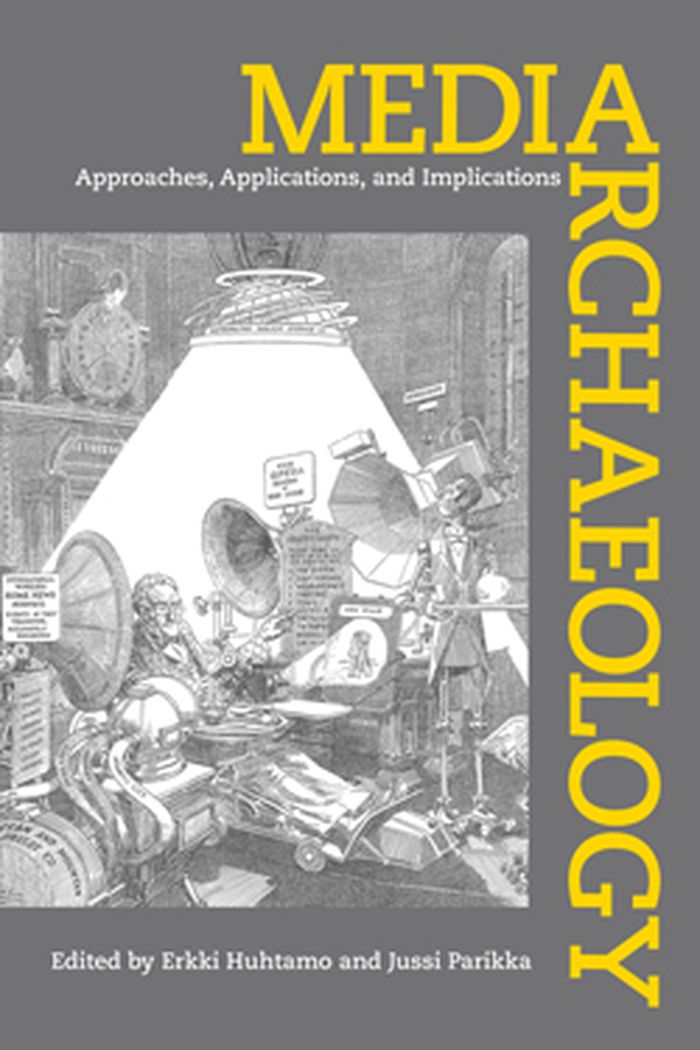$54.95
(available to order)
Summary:
In Illusions in Motion, Erkki Huhtamo excavates this neglected early manifestation of media culture in the making. The moving panorama was a long painting that unscrolled behind a “window” by means of a mechanical cranking system, accompanied by a lecture, music, and sometimes sound and light effects. Showmen exhibited such panoramas in venues that ranged from opera(...)
February 2013
Illusions in motions : media archaeology of the moving panorama and related spectacle
Actions:
Price:
$54.95
(available to order)
Summary:
In Illusions in Motion, Erkki Huhtamo excavates this neglected early manifestation of media culture in the making. The moving panorama was a long painting that unscrolled behind a “window” by means of a mechanical cranking system, accompanied by a lecture, music, and sometimes sound and light effects. Showmen exhibited such panoramas in venues that ranged from opera houses to church halls, creating a market for mediated realities in both city and country.
$25.95
(available to order)
Summary:
Off the Network is an authoritative examination of how the hidden logic of the Internet, social media, and the digital network is changing users’ understanding of the world—and why that should worry us.
June 2013
Off the network : disrupting the digital world
Actions:
Price:
$25.95
(available to order)
Summary:
Off the Network is an authoritative examination of how the hidden logic of the Internet, social media, and the digital network is changing users’ understanding of the world—and why that should worry us.
$29.95
(available to order)
Summary:
The dawn of the electronic media age in the 1960s began a cultural shift from the modernist grid and its determination of projection and representation to the fluid structures and circuits of the network, presenting art with new challenges and possibilities. This anthology considers art at the center of network theory, from the 1960s to the present
Networks
Actions:
Price:
$29.95
(available to order)
Summary:
The dawn of the electronic media age in the 1960s began a cultural shift from the modernist grid and its determination of projection and representation to the fluid structures and circuits of the network, presenting art with new challenges and possibilities. This anthology considers art at the center of network theory, from the 1960s to the present
Archive, library and the digital
$30.95
(available to order)
Summary:
Paper Knowledge is a remarkable book about the mundane: the library card, the promissory note, the movie ticket, the PDF (Portable Document Format). It is a media history of the document. Drawing examples from the 1870s, the 1930s, the 1960s, and today, Lisa Gitelman thinks across the media that the document form has come to inhabit over the last 150 years, including(...)
Paper knowledge: toward a media history of documents
Actions:
Price:
$30.95
(available to order)
Summary:
Paper Knowledge is a remarkable book about the mundane: the library card, the promissory note, the movie ticket, the PDF (Portable Document Format). It is a media history of the document. Drawing examples from the 1870s, the 1930s, the 1960s, and today, Lisa Gitelman thinks across the media that the document form has come to inhabit over the last 150 years, including letterpress printing, typing and carbon paper, mimeograph, microfilm, offset printing, photocopying, and scanning.
Archive, library and the digital
$27.50
(available to order)
Summary:
Todd Presner, David Shepard, and Yoh Kawano put digital humanities theory into practice to chart the proliferating cultural records of places around the world. A digital platform transmogrified into a book, it explains the ambitious online project of the same name that maps the historical layers of city spaces in an interactive, hypermedia environment. The authors examine(...)
Archive, library and the digital
June 2014
Hypercities: thick mapping in the digital humanities
Actions:
Price:
$27.50
(available to order)
Summary:
Todd Presner, David Shepard, and Yoh Kawano put digital humanities theory into practice to chart the proliferating cultural records of places around the world. A digital platform transmogrified into a book, it explains the ambitious online project of the same name that maps the historical layers of city spaces in an interactive, hypermedia environment. The authors examine the media archaeology of Google Earth and the cultural–historical meaning of map projections, and explore recent events—the “Arab Spring” and the Fukushima nuclear power plant disaster—through social media mapping that incorporates data visualizations, photographic documents, and Twitter streams.
Archive, library and the digital
The library beyond the book
$26.50
(available in store)
Summary:
With textbook readers and digital downloads proliferating, it is easy to imagine a time when printed books will vanish. Such forecasts miss the mark, argue Jeffrey Schnapp and Matthew Battles. Future bookshelves will not be wholly virtual, and libraries will thrive—although in a variety of new social, cultural, and architectural forms. Schnapp and Battles combine deep(...)
Archive, library and the digital
June 2014
The library beyond the book
Actions:
Price:
$26.50
(available in store)
Summary:
With textbook readers and digital downloads proliferating, it is easy to imagine a time when printed books will vanish. Such forecasts miss the mark, argue Jeffrey Schnapp and Matthew Battles. Future bookshelves will not be wholly virtual, and libraries will thrive—although in a variety of new social, cultural, and architectural forms. Schnapp and Battles combine deep study of the library’s history with a record of institutional and technical innovation at metaLAB, a research group at the forefront of the digital humanities.
Archive, library and the digital
books
$34.00
(available to order)
Summary:
Graphesis provides a descriptive critical language for the analysis of graphical knowledge. In an interdisciplinary study fusing digital humanities with media studies and graphic design history, Drucker outlines the principles by which visual formats organize meaningful content. Among the most significant of these formats is the graphical user interface (GUI)—the dominant(...)
Graphesis: visual forms of knowledge production
Actions:
Price:
$34.00
(available to order)
Summary:
Graphesis provides a descriptive critical language for the analysis of graphical knowledge. In an interdisciplinary study fusing digital humanities with media studies and graphic design history, Drucker outlines the principles by which visual formats organize meaningful content. Among the most significant of these formats is the graphical user interface (GUI)—the dominant feature of the screens of nearly all consumer electronic devices. Because so much of our personal and professional lives is mediated through visual interfaces, it is important to start thinking critically about how they shape knowledge, our behavior, and even our identity.
books
June 2014
Archive, library and the digital
$16.95
(available to order)
Summary:
Ce livre propose des éclairages précis sur la façon dont une technologie, essentiellement collective, modifie radicalement la vie de chacun, le lien social même, mobilisant nos repères les plus tangibles : écriture et lecture, identité, présence, propriété, archive et mémoire. Ni utopie ni fausse prophétie, le numérique est la vulgate moderne. Avec ses faiblesses, ses(...)
La grande conversion numérique
Actions:
Price:
$16.95
(available to order)
Summary:
Ce livre propose des éclairages précis sur la façon dont une technologie, essentiellement collective, modifie radicalement la vie de chacun, le lien social même, mobilisant nos repères les plus tangibles : écriture et lecture, identité, présence, propriété, archive et mémoire. Ni utopie ni fausse prophétie, le numérique est la vulgate moderne. Avec ses faiblesses, ses aveuglements, ses richesses et ses promesses, le numérique est une culture pour tous.
Archive, library and the digital
$34.95
(available to order)
Summary:
This book introduces an archaeological approach to the study of media - one that sifts through the evidence to learn how media were written about, used, designed, preserved, and sometimes discarded. Edited by Erkki Huhtamo and Jussi Parikka, with contributions from internationally prominent scholars from Europe, North America, and Japan, the essays help us understand how(...)
Media archaeology: approaches, applications, and implications
Actions:
Price:
$34.95
(available to order)
Summary:
This book introduces an archaeological approach to the study of media - one that sifts through the evidence to learn how media were written about, used, designed, preserved, and sometimes discarded. Edited by Erkki Huhtamo and Jussi Parikka, with contributions from internationally prominent scholars from Europe, North America, and Japan, the essays help us understand how the media that predate today's interactive, digital forms were in their time contested, adopted and embedded in the everyday.
Archive, library and the digital
books
$47.00
(available to order)
Summary:
In The Second Self, Sherry Turkle looks at the computer not as a "tool," but as part of our social and psychological lives; she looks beyond how we use computer games and spreadsheets to explore how the computer affects our awareness of ourselves, of one another, and of our relationship with the world. "Technology," she writes, "catalyzes changes not only in what we do(...)
January 2005
The second self: computers and the human spirit
Actions:
Price:
$47.00
(available to order)
Summary:
In The Second Self, Sherry Turkle looks at the computer not as a "tool," but as part of our social and psychological lives; she looks beyond how we use computer games and spreadsheets to explore how the computer affects our awareness of ourselves, of one another, and of our relationship with the world. "Technology," she writes, "catalyzes changes not only in what we do but in how we think." First published in 1984, The Second Self is still essential reading as a primer in the psychology of computation. This twentieth anniversary edition allows us to reconsider two decades of computer culture--to (re)experience what was and is most novel in our new media culture and to view our own contemporary relationship with technology with fresh eyes.
books
January 2005
